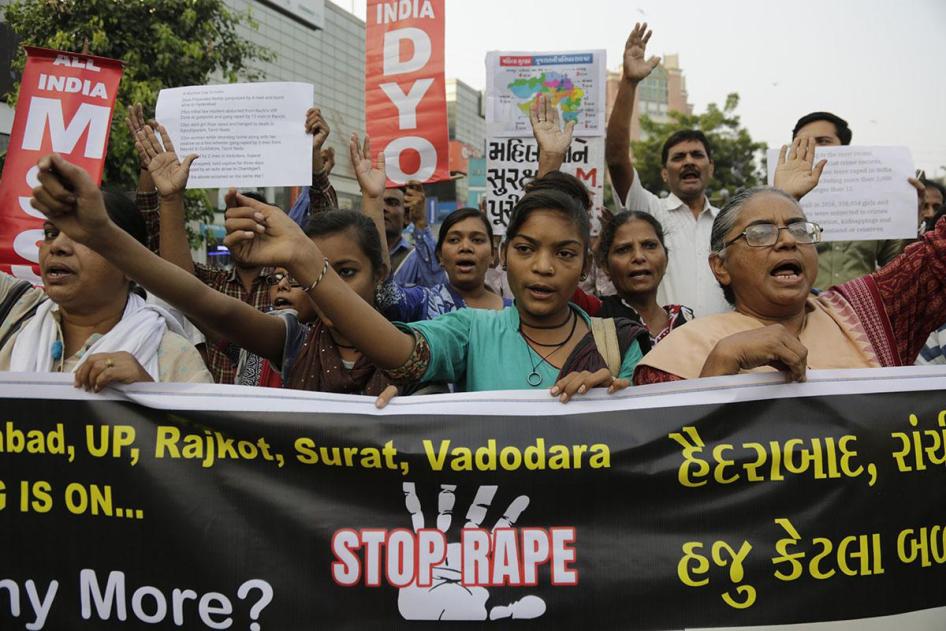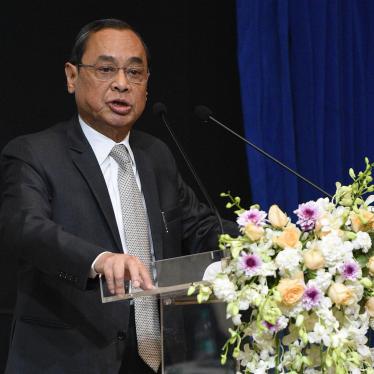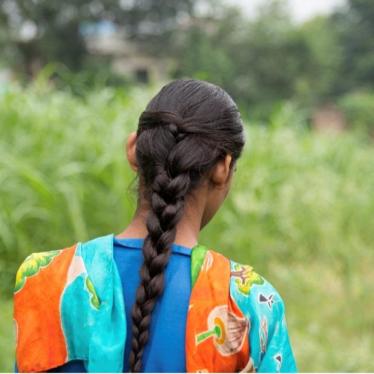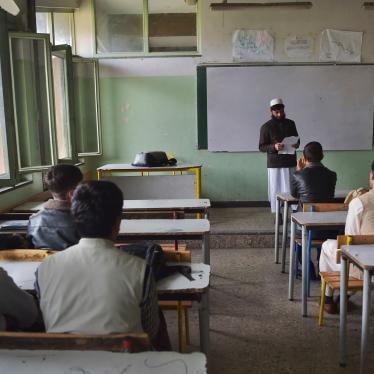The 27-year-old veterinarian had called her family to say she was stranded with a flat tire in India’s Hyderabad city, and that a truck driver and his friends had offered to help.
Then she stopped answering her phone. Later her family learned she had been gang raped and murdered.
The assault, which happened last Wednesday, has sparked public protests and demands for swift justice. The authorities in Telangana state arrested four men who had allegedly stopped to “help.”
The state home minister, in charge of law enforcement, blamed the victim for calling her sister instead of the police. Not that it would have made a difference. Her family said that when they attempted to file a missing person’s complaint that night, the police suggested that she had eloped.
Only after the public and media expressed outrage were three police officers suspended for the delay in filing the complaint.
All of this is hauntingly familiar. Indian newspapers regularly carry stories of gruesome violence against women and girls and the ensuing lack of justice. Following nationwide protests after the 2012 gang rape and murder of Jyoti Singh, a 23-year-old medical student in Delhi, India’s government adopted significant legal reforms. However, as Human Rights Watch has found, these changes largely remain on paper. Survivors of sexual violence face formidable barriers, from reporting to police, to obtaining health care, counseling, and legal aid. Powerful perpetrators are often protected by the authorities. Increasingly, the victim’s and perpetrator’s religions have unleashed religious prejudice.
According to the latest Indian government data, crimes against women increased 6 percent in 2017 over the previous year. Police registered 33,658 cases of rape – an average of 92 every day.
Women and girls have a right to live with dignity and free from violence. Concerned Indians should consider the words from last week’s United Nations conference focused on violence against women: “Be angry. Ask your government for change.”
Government officials should end their lazy political rhetoric and recognize that calls for the violent punishment of perpetrators do little to protect women and girls. India has enough strict laws. What is needed is enforcement, police accountability, a more sensitive and responsive criminal justice and healthcare system, and a concerted campaign to address gender-based discrimination. Women and girls should be able to live in safety.









